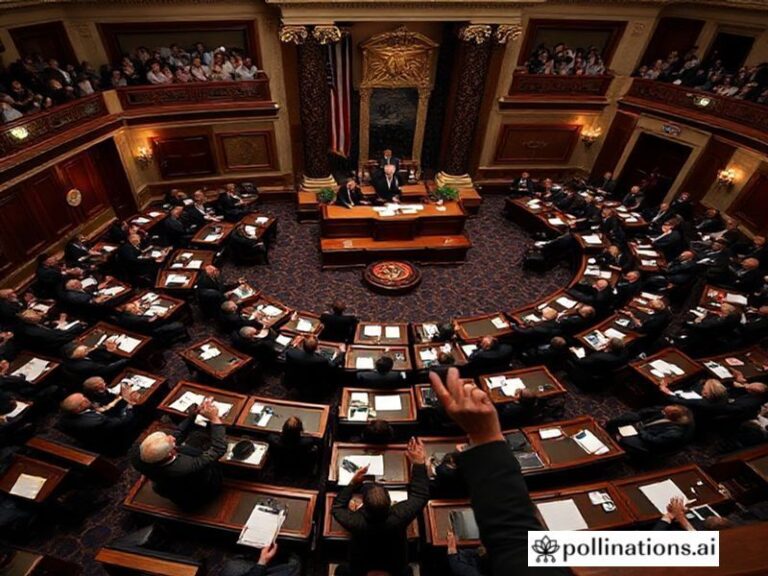Ohtani’s $700M Miracle: How One Baseball Messiah Unites the Planet in Fiscal Delusion
Shohei Ohtani just signed the most lucrative contract in human history—$700 million, give or take the GDP of a small island nation—and the global reaction has been refreshingly unified: everyone quietly Googled “How much is 700 million in my currency?” then stared into the existential abyss for a polite three seconds. From Tokyo trading floors to Parisian cafés where philosophers pretend not to care about sports, the consensus is that the Japanese two-way phenom has managed to monetize the entire planet’s mid-life crisis in one neat PowerPoint deck.
Let’s zoom out. While European football keeps discovering new oil sheikhs to launder, and the Saudi Pro League attempts to buy the concept of time itself, Major League Baseball has been frantically searching for a messiah who can make rounders seem relevant beyond the American hemisphere. Enter Ohtani: part Babe Ruth, part Tesla robot, part soft-spoken brand ambassador who could sell geothermal bonds to a coal lobbyist. He pitches 100 mph, launches baseballs into geostationary orbit, and—crucially—does it all with the polite restraint of a man who knows the entire Japanese press corps is one bow away from cardiac arrest. Soft power has a new face, and it’s currently endorsing an energy drink with radioactive cherry-blossom flavor.
The geopolitical subplot is delicious. Washington and Tokyo are locked in a mutual arms race of mutual affection: the U.S. gets a ratings defibrillator and a tourism slogan (“Come for Ohtani, stay for the existential dread”), while Japan gets to export its most marketable deity since Hello Kitty went platinum. Even China, nominally unimpressed, has state media praising Ohtani’s “harmonious work ethic,” which is Communist Party code for “Please don’t unionize, we’re busy building 3,000 stadium replicas by Thursday.” South Korea has responded in the only rational way—by green-lighting a K-drama where a chaebol heir also plays center field and falls in love with a salarywoman who moonlights as a relief pitcher. Expect 18 episodes, two wrist surgeries, and a 30% spike in elbow-tape futures.
Meanwhile, the developing world watches with the detached amusement reserved for billionaire space tourism. In Nairobi, taxi drivers argue whether Ohtani’s annual salary could fund the city’s entire public transport budget until the heat death of the universe (it could). In São Paulo, favela kids who can name every Champions League winner since 1998 shrug at baseball’s labyrinthine rules, then immediately recognize a hustle when they see one: “He gets paid per home run? My cousin gets paid per kilo of cocaine. Same energy, different risk.” Fair point—both industries feature performance-enhancing pharmaceuticals, cartel-level economics, and the occasional federal investigation.
Back in the imperial core, American taxpayers are digesting the irony that the same week Congress debated cutting food stamps, the Dodgers secured a tax-exempt bond issue to upgrade Ohtani’s personal hydrotherapy spa. Economists insist the deal will “trickle down” like a gentle California drizzle, presumably landing on the upturned palms of bartenders selling $23 craft beers to fans who refinanced their mortgages for nosebleed seats. If trickle-down actually worked, the concession workers would be paid in bitcoin by now, but alas, the only thing trickling is the stadium’s leaky roof—repairs scheduled for 2045, pending another municipal bankruptcy.
And yet, cynicism only buys you so many drinks before the bartender demands real money. Ohtani’s contract is a neon billboard for globalization’s final sleight of hand: talent arbitrage. Japan incubates the superstar, the U.S. monetizes him, offshore shell corporations launder the image rights, and fans everywhere pay in data, merch, and the last vestiges of civic pride. It’s the circle of life, only with more luxury-suite sushi and fewer lions.
Will Ohtani save baseball? Probably not. Will he save us from ourselves? Definitely not—he’s scheduled to DH, not deliver therapy. But for a brief, shimmering moment, the planet agreed on something: watching a single human defy the limits of ligaments and salary caps is more fun than reading another think-piece on democratic backsliding. Bread and circuses, dear reader, now come with wasabi mayo and a $700 million price tag. Enjoy the show; the hangover is international.







